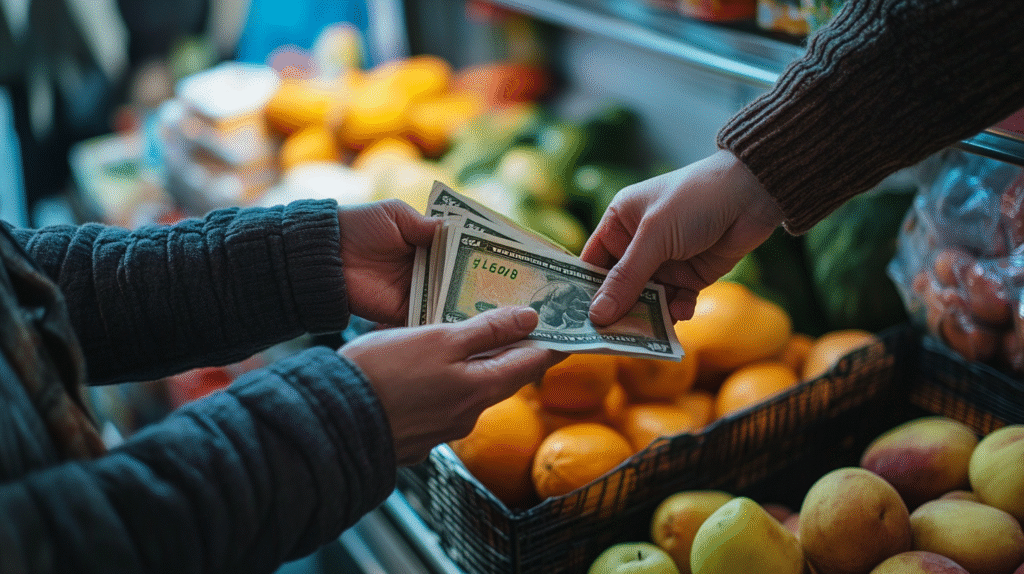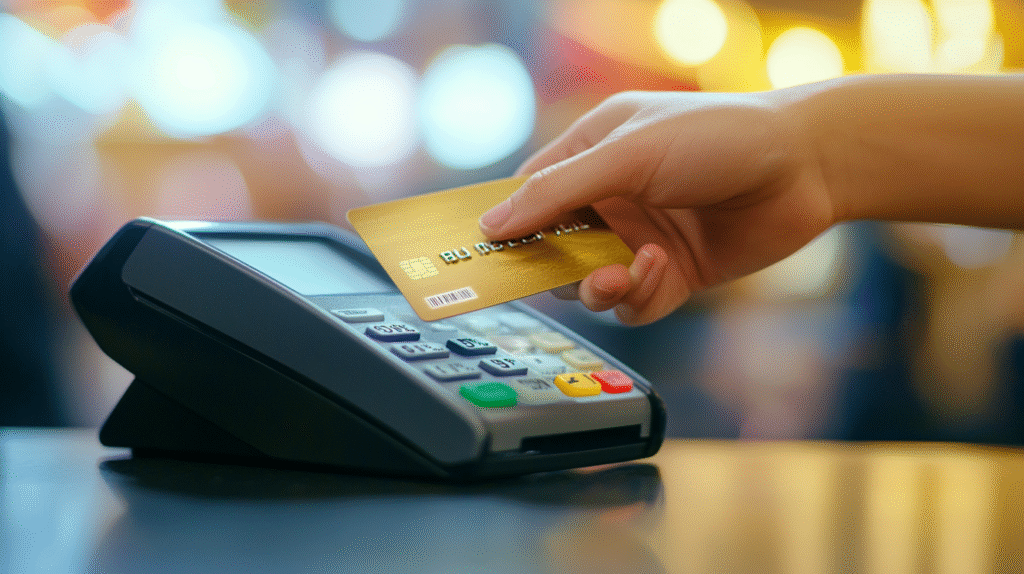Wondering is it better to pay cash or credit card? Discover the pros and cons of each payment method, how it affects your budget, credit score, and financial habits. Make smarter money decisions today.
Have you ever stood at the checkout counter, wallet in hand, wondering: is it better to pay cash or credit card? This age-old question has become more relevant than ever in today’s fast-paced digital economy. Both payment methods have their advantages and drawbacks, and your decision can impact not just your bank balance but your credit score, budgeting habits, and even your security.
In this in-depth guide, we’ll explore everything you need to know to confidently answer the question: is it better to pay cash or credit card? By the end, you’ll have a clearer understanding of which option fits your financial lifestyle best.
Understanding the Basics: Cash vs. Credit Card
To decide whether it’s better to pay with cash or credit card, it helps to break down the core characteristics of each.
Paying with cash means handing over physical money—bills and coins—for goods and services. It’s straightforward, tangible, and widely accepted.
Using a credit card, on the other hand, involves borrowing money from your card issuer with the promise to repay it later. You’re essentially using someone else’s money temporarily—typically with the option to pay it off interest-free within a billing cycle.
So, when asking is it better to pay cash or credit card, you’re really comparing instant payment with delayed payment that comes with extra perks—and potential pitfalls.
Benefits of Paying with Cash
Let’s look at why some financial experts still recommend using cash over plastic in many situations.

- Budget Control: Cash physically leaves your hands, making you more conscious of your spending. Studies show people tend to spend less when using cash compared to credit cards.
- No Interest or Fees: When you pay cash, there’s no risk of incurring interest charges or late payment fees. What you see is what you pay.
- Privacy: Cash transactions leave no digital trail, offering more privacy for your purchases.
- Universal Acceptance: While most businesses accept cards, some small businesses prefer or only take cash.
- Helps Avoid Debt: If you struggle with discipline, cash ensures you’re only spending what you actually have.
Still, even after all these advantages, we must ask again: is it better to pay cash or credit card—especially when rewards and safety are factored in.
Advantages of Using a Credit Card
While cash has its strengths, credit cards offer features that cash simply can’t compete with—especially in the digital age.

- Builds Credit History: Regular, on-time credit card use can boost your credit score, essential for loans and major purchases.
- Reward Points and Cashback: Many cards offer points, miles, or cashback on purchases, effectively giving you money back for spending.
- Purchase Protection: Credit cards often provide fraud protection, extended warranties, and dispute resolution—something cash lacks entirely.
- Convenience: No need to carry large amounts of money or visit an ATM. Credit cards are accepted nearly everywhere, including online.
- Emergency Funding: In a pinch, a credit card can be a temporary financial lifesaver, especially during travel or medical needs.
Given these benefits, it’s easy to see why many people answer yes to the question: is it better to pay cash or credit card?—leaning toward plastic.
When Is It Better to Pay Cash or Credit Card?
The right payment method often depends on context. Here are some examples that can help you determine when to use which:
1. For Small, Everyday Purchases
Cash wins. It keeps you aware of your budget and avoids overuse of your credit limit for small items like coffee or snacks.
2. For Large Purchases
Credit cards win—especially if your card offers cashback, fraud protection, or purchase insurance. Just make sure you can pay the balance in full.
3. While Traveling
Credit cards win abroad, offering exchange rate efficiency, travel insurance, and fraud detection. However, it’s wise to keep some local cash for emergencies.
4. When Trying to Build or Improve Credit
Credit cards win hands down. Using them responsibly builds a credit history that will help with loans, apartment rentals, and even job applications.
5. If You’re on a Tight Budget
Cash wins. Physically seeing money leave your wallet is a powerful deterrent to overspending.
So back to our main question: is it better to pay cash or credit card? The answer may be “it depends,” but knowing the right time for each gives you an advantage.
Hidden Costs to Watch For
Regardless of your preferred method, be aware of hidden pitfalls.
For Credit Cards:
- Interest Charges: If you don’t pay your full balance each month, interest can pile up quickly.
- Annual Fees: Some rewards cards come with hefty fees that may not be worth it.
- Overuse Temptation: Easy swiping can lead to overspending and debt.
For Cash:
- No Records: You might forget where your money went.
- No Protection: If lost or stolen, cash is usually gone forever.
- ATM Fees: Withdrawing cash from out-of-network ATMs can cost you.
Each option has financial consequences. So again: is it better to pay cash or credit card when looking at hidden costs? Credit cards might edge ahead if used responsibly.
The Psychology of Spending: A Key Factor
Behavioral science has shown that how we spend impacts how much we spend. With credit cards, the pain of paying is significantly lower. You swipe and forget. With cash, you’re more mindful. It’s a psychological trick that retailers know well.
So if you’re working to reduce impulse buys or stick to a budget, and still wondering is it better to pay cash or credit card, cash could be the better psychological tool.
Blended Strategy: Why Not Use Both?
Many savvy consumers use a hybrid approach. They pay with credit cards to earn rewards or build credit, then immediately pay off the balance with cash. This strategy offers the best of both worlds—benefits of credit with the discipline of cash.
This balanced method is often the wisest answer to the question: is it better to pay cash or credit card? It’s not about either-or. It’s about knowing when to use each for maximum advantage.
Final Verdict: Is It Better to Pay Cash or Credit Card?
There’s no one-size-fits-all answer to the question: is it better to pay cash or credit card. It depends on your financial goals, spending habits, and the specific purchase.
Use cash if:
- You want to limit spending
- You’re on a strict budget
- You want total privacy
Use credit cards if:
- You pay your balance in full each month
- You want to earn rewards
- You’re building credit history
- You prefer convenience and protection
Whichever you choose, understanding both tools can help you become a smarter spender. The next time you’re at the checkout, you’ll no longer be guessing: is it better to pay cash or credit card? You’ll already know.
Tags:
cash vs credit, should I use credit card, is it better to pay cash or credit card, credit card tips, smart payment methods, cash budgeting, money management, personal finance tips, build credit smartly
